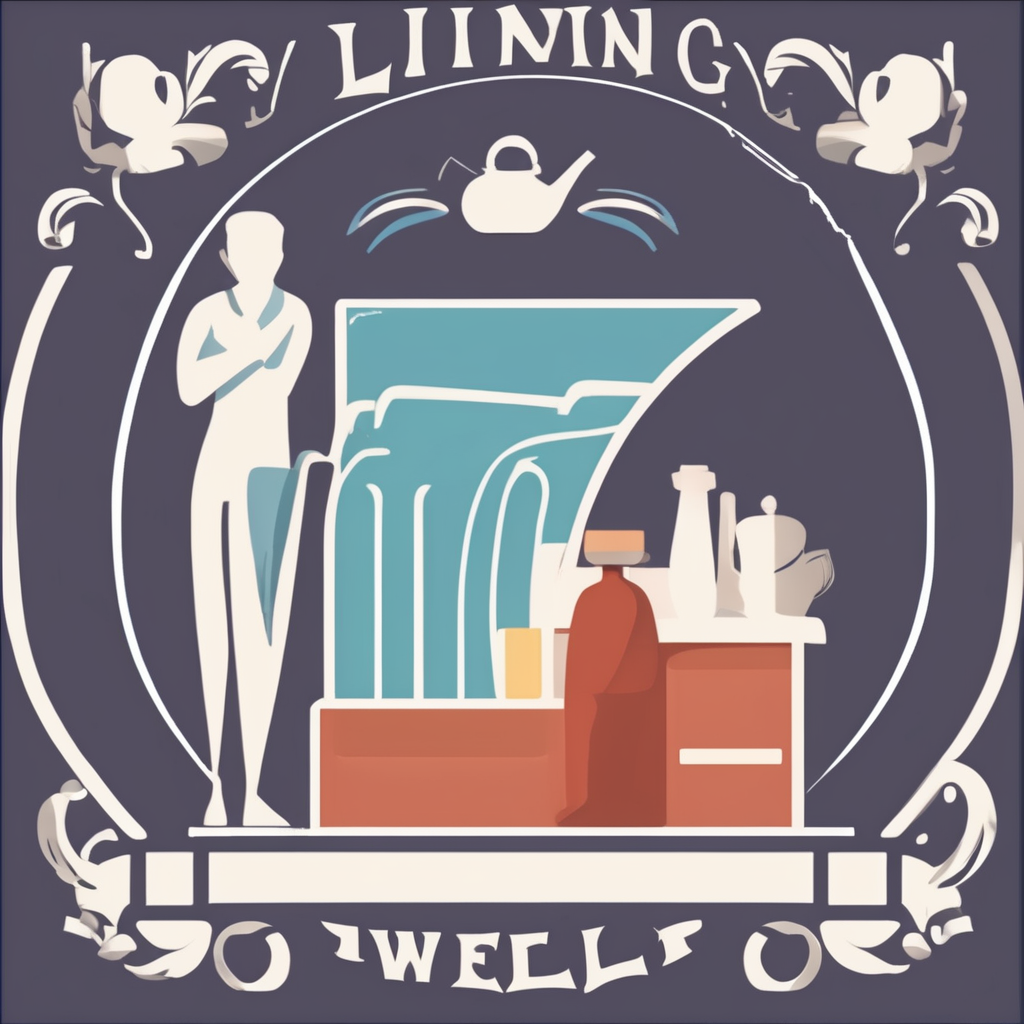Dietary Tips for Immune Health
Maintaining a strong immune system is crucial, especially for seniors. A diet rich in immune-boosting foods can play an essential role in bolstering overall health. Incorporating a variety of colorful fruits and vegetables, like citrus fruits, berries, and leafy greens, ensures a good intake of vitamins and antioxidants. These natural immune boosters are packed with vitamin C and beta-carotene, vital for enhancing immune function.
A well-balanced diet should include foods like almonds, walnuts, and sunflower seeds, which provide vitamin E, a powerful antioxidant that helps protect cells. Adding foods rich in zinc, such as poultry, beans, and lentils, is equally important as they contribute to normal immune response.
In the same genre : Top Strategies for Seniors to Enhance Their Dental Health
Senior nutrition should also emphasize sufficient protein consumption. Lean meats, fish, and legumes support the body’s ability to build and repair cells. It’s advisable to include probiotic-rich foods, like yogurt and kefir, to maintain a healthy gut microbiome linked to improved immunity.
Equally crucial is maintaining proper hydration. Water aids in transporting nutrients and removing toxins, directly impacting immune health. Drinking adequate fluids daily is essential for seniors to prevent dehydration, which can compromise immunity. Ensuring adequate liquid intake can involve water, herbal teas, and hydrating foods like cucumbers and watermelon.
Also read : Top Strategies for Integrating Mobile Health Apps into Senior Healthcare for Optimal Care
Exercise Recommendations for Seniors
Embracing regular physical activity is essential for senior fitness, offering numerous health benefits. Among these, immune-boosting exercises play a crucial role in enhancing immune function, vital for protecting against various illnesses. Low-impact exercises like walking, swimming, and tai chi offer a gentle approach, minimizing strain on joints.
For seniors, establishing a consistent routine is key. It is recommended to engage in low-impact exercises at least three times a week to improve cardiovascular health, flexibility, and muscle strength. Activities can be tailored to individual abilities, enabling seniors to progress safely. Balancing different exercise types ensures comprehensive health benefits, enhancing both physical and mental well-being.
Social activities are pivotal in encouraging seniors to remain active. Engaging with peers provides motivation and support, turning solitary exercise into an enjoyable group experience. Community centers often offer programs designed for seniors, combining physical activity with social interaction.
Incorporating immune-boosting exercises into everyday life can substantially improve overall health and quality of life for seniors. By making exercise a habitual part of daily life, seniors can enjoy the dual benefits of enhanced fitness and a strengthened immune system, leading to longer, healthier lives.
Supplements for Enhanced Immunity
As we age, our immune system might benefit from support through immune-boosting supplements. A wide range of vitamins and supplements can significantly impact senior health, particularly in fortifying the body’s natural defense mechanisms. Key players include vitamins for seniors such as Vitamin C, Vitamin D, and zinc. These nutrients are essential in enhancing immune function, as they are known to stimulate the production of white blood cells and support overall immune response.
The role of probiotics cannot be overlooked. These beneficial bacteria aid digestion and help maintain the delicate balance of the gut microbiome, which is crucial for a well-functioning immune system. Consuming a daily dose of omega-3 fatty acids, commonly found in fish oil, is another effective strategy. Omega-3s possess anti-inflammatory properties, which can reduce the risk of chronic diseases, providing broader health benefits beyond immunity.
However, before embarking on a supplement regimen, it’s wise to consult with a healthcare provider. They can help determine the appropriate dosage and ensure that supplements do not interact adversely with medications. Personalized advice is crucial in tailoring a plan that fits individual health needs while safeguarding against potential side effects.
Stress Management Techniques
Understanding stress reduction is key for maintaining emotional wellness, especially in seniors. Stress can significantly impact immune function, potentially weakening your body’s defenses. This makes managing stress crucial for overall health.
Mindfulness for seniors is a valuable technique for stress management. Meditation, for instance, can be a powerful tool in reducing stress by promoting relaxation and focus. Deep breathing exercises are also highly effective. These exercises help calm the nervous system and reduce anxiety, allowing you to gain control over your physiological response to stress.
Engaging in hobbies is another beneficial stress reduction approach. Whether it’s painting, gardening, or knitting, hobbies offer a mental break, providing joy and satisfaction. Additionally, they stimulate the mind, which could enhance cognitive function, and keep stress at bay.
Social connections also play a critical role in managing stress. Interaction with peers, family, or community groups helps foster a sense of belonging and support. These connections provide emotional grounding and reduce feelings of isolation.
Incorporating these techniques into daily life can be the gateway to improved emotional wellness, enhancing both mental and physical health in seniors. Maintaining consistent stress management practices leads to a more balanced, fulfilling lifestyle.
Sleep Improvement Strategies
Quality sleep plays a crucial role in maintaining immune health for older adults. It becomes essential to adopt effective strategies that ensure restful and restorative nights. As we age, our sleep patterns often change, but maintaining good sleep hygiene for seniors can mitigate many disturbances.
One of the primary strategies is to create a consistent sleep schedule. Going to bed and waking up at the same time each day, even on weekends, reinforces the body’s natural rhythm. A relaxing bedtime routine, like reading or a warm bath, signals the body it’s time to wind down, aiding in achieving restorative sleep.
Darken the bedroom and eliminate noise as much as possible. Such an environment fosters tranquility, reducing disruptions. Exposure to natural light during the day assists in maintaining healthy sleep-wake cycles, enhancing overall sleep quality.
Common sleep challenges seniors face include frequent waking and difficulty falling asleep. Address these with regular physical activity, which not only promotes better sleep but also boosts mood and health. Avoid caffeine and heavy meals close to bedtime, as they can impede quality sleep.
In summary, adopting these simple, practical tips bolsters sleep hygiene for seniors and ensures nights are restful and truly restorative.











